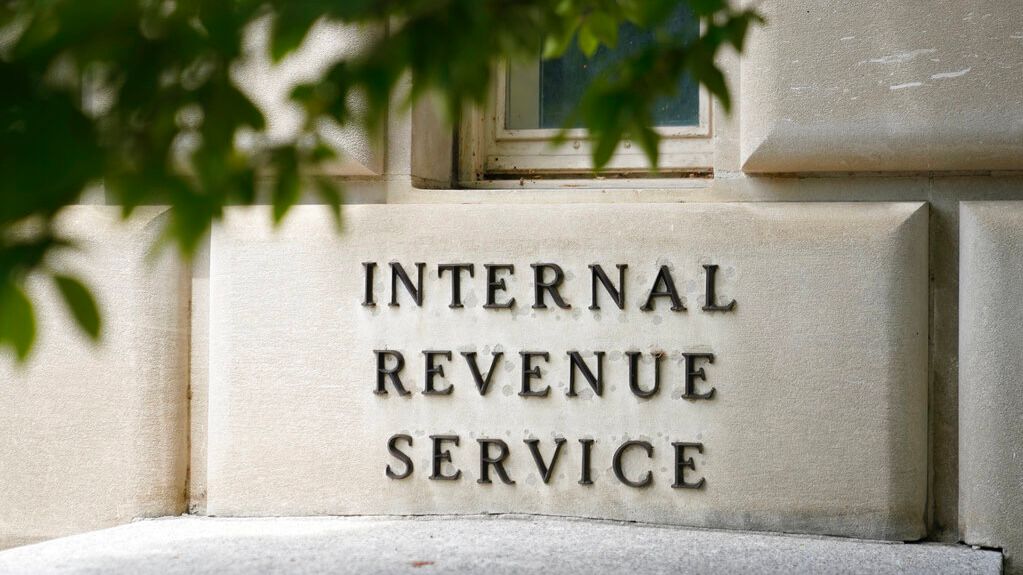The Treasury Department and Internal Revenue Service announced Thursday that the free tax-filing service, Direct File, will be permanent.
Launched in March as a pilot program in 12 states, the program will also be expanded to all 50 states and the District of Columbia for the 2025 filing season.
“Providing a free tool to all Americans who want the option to file directly with the IRS is key” to “saving Americans time and money and ensuring families receive the tax benefits they’re owed,” U.S. Treasury Secretary Janet Yellen said in a statement.
For the five weeks it was available, about 140,000 taxpayers used Direct File for the 2024 tax filing season, claiming more than $90 million in refunds and saving $5.6 million in filing costs, according to the agencies.
In a General Services Administration survey of 11,000 Direct File users, 90% said their experience was excellent or above average.
Funded through the Inflation Reduction Act, Direct File is available in English and Spanish 24 hours a day, seven days a week, during tax filing season. It is geared toward middle-class and working-class Americans who make less than $400,000 annually and who file simple taxes.
In rolling out the program this year, the IRS cited parents with W-2 incomes that claim the earned income and child tax credits, recent graduates with W-2 incomes who pay student loan interest and retired senior citizens with Social Security incomes as being eligible to use Direct File.
Filing taxes costs the average American $270 and takes 13 hours, according to the Treasury Department’s Taxpayer Burden Survey.



